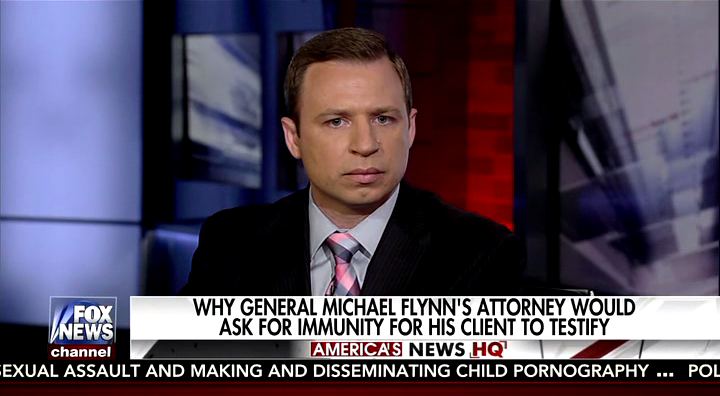In the November 2020 general election, the voters in New Jersey adopted an amendment, Article IV, Section 7, Paragraph 13 of the New Jersey Constitution, legalizing the possession of marijuana by persons twenty-one years of age or older. State v. Gomes, ___ N.J. ___, ___ (2023) (slip op. at 22).[1] As a result, in 2021 the Legislature adopted the Cannabis Regulatory, Enforcement Assistance, and Marketplace Modernization Act (CREAMMA), a sweeping law that largely decriminalized the simple possession of marijuana in New Jersey and remedied “some of the lingering adverse consequences of certain prior marijuana offenses.” State v. Richard Gomes, ___ N.J. ___, ___ (2023) (slip op. at 3). Notably, among other provisions, the new law directed the automatic expungement from an offender’s criminal record of prior possessory marijuana offenses. Ibid.
In this consolidated appeal, the defendants, Richard Gomes and Moataz M. Sheira, both received a previous conditional discharge stemming from disorderly persons offenses for possession of marijuana–a charge that is no longer unlawful under CREAMMA. Id. at ___ (slip op. at 5). They were both subsequently charged with new offenses and applied for admission into the pretrial intervention (PTI) program for the new offenses. Ibid. “PTI is a diversionary program that allows offenders to avoid criminal prosecution for certain first offenses in favor of an alternate disposition.” Id. at ___ (slip op. at 4).
The trial court denied Sheira’s application for PTI, which was supported by the Morris County Prosecutor, and concluded that Sheira was statutorily ineligible for PTI because of his previous conditional discharge for marijuana possession. Id. at ___ (slip op. at 7). In direct contrast, another trial court permitted Gomes to apply for PTI and directed the Middlesex County Prosecutor, which had opposed the application, to consider the merits of the application. Id. at ___ (slip op. at 8).
The Appellate Division granted interlocutory review of the conflicting trial court decisions, and “held that a defendant who received a prior conditional discharge of a disorderly persons offense for marijuana possession was ineligible for PTI, notwithstanding the automatic expungement provision of CREAMMA.” Ibid. Thus, applying the “one diversion only” general limitation of the PTI statute, N.J.S.A. 2C:43-12(g)(1), and the terms of expungement statutes enacted before CREAMMA, the Appellate Division held that the defendants were statutorily barred from PTI eligibility. Id. at ___ (slip op. at 4).
The Supreme Court reversed and held that “persons who received pre-CREAMMA conditional discharges for specified marijuana offenses — just like persons who had pre-CREAMMA convictions for those marijuana offenses — are no longer categorically precluded from future admission into PTI.” Id. at ___ (slip op. at 5). In reaching that conclusion, the Court first set forth the “key aspects of CREAMMA, as well as the pre-existing terms of the PTI and expungement statutes,” and then engaged in a comprehensive analysis harmonizing the laws under the well-established principles of statutory construction. Id. at ___ -___(slip op. at 5-28). The Court stressed that this case presented “an exceptional situation involving a sweeping new statute that we have endeavored to harmonize sensibly with pre-existing laws. Our decision harmonizing the provisions should not be interpreted as an invitation to disregard statutory language that has been unaltered by new laws. The result we reach in this distinctive case is amply supported by sound interpretive principles.” Id. at ___ (slip op. at 39).
Further, the Court clarified that its “reversal of the Appellate Division’s decision does not automatically entitle a PTI applicant with a previous marijuana conditional discharge to be admitted into the program.” Id. at ___ (slip op. at 38). For example, in Gomes’s case, the Middlesex County Prosecutor opposed the PTI application, and thus the Court found that the case must be remanded to the trial court to consider whether the various factors under the PTI statute warrant his admission to the program. Ibid. And in Sheira’s case, the Morris County Prosecutor agreed through a joint motion for his admission into PTI, and thus the Court remanded the case to the trial court to implement that joint decision, unless Sheira has committed another new offense, or his circumstances otherwise materially changed. Ibid.
The recent case of State v. Gomes is important because in it the Court undertook an extensive review of the new marijuana law and addressed the law’s application to an individual’s admission into the PTI program. If you are facing criminal charges you should immediately reach out to our team of experienced former prosecutors to schedule a free case review with one of our expert criminal defense attorneys. A complete understanding of criminal law by your attorney is crucial to your defense. Your rights and freedoms are in jeopardy, and you owe it to yourself to act. We are available to provide immediate assistance and further counsel on your criminal case at (862) 315-7929.
[1] The case can currently be found on the New Jersey Court’s official website at: https://www.njcourts.gov/sites/default/files/court-opinions/2023/a_64_65_21.pdf
No aspect of this attorney advertisement has been approved by the Supreme Court of New Jersey.











